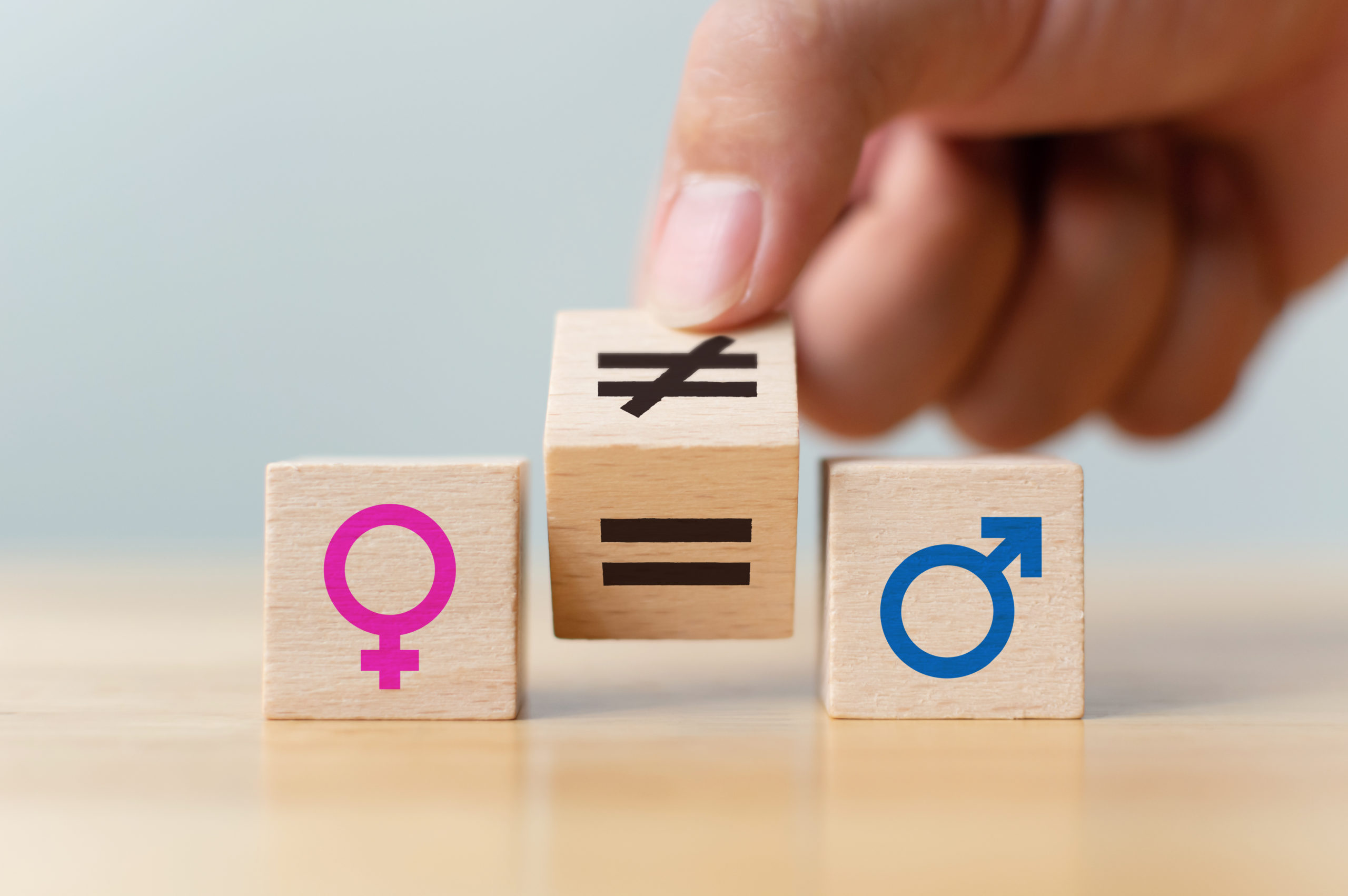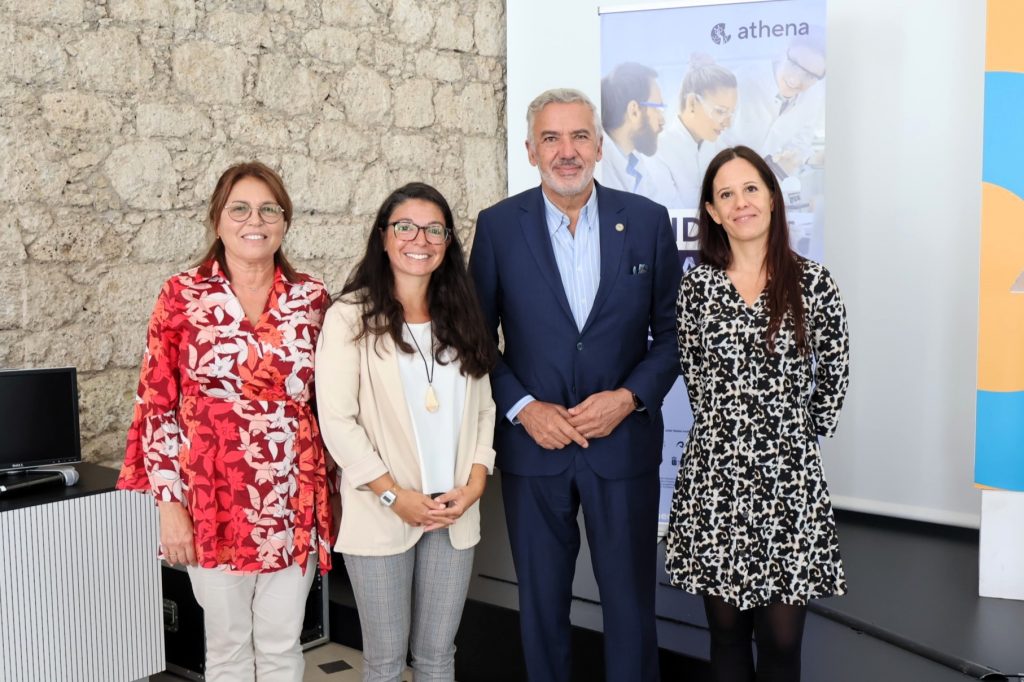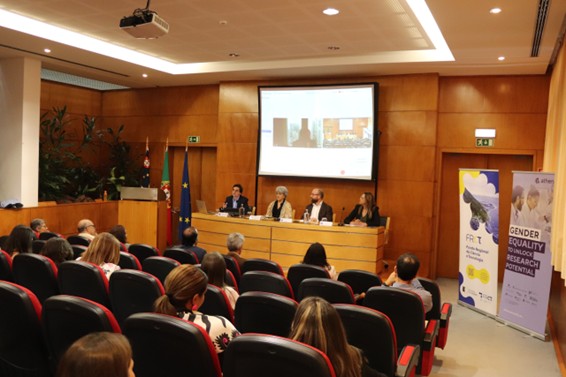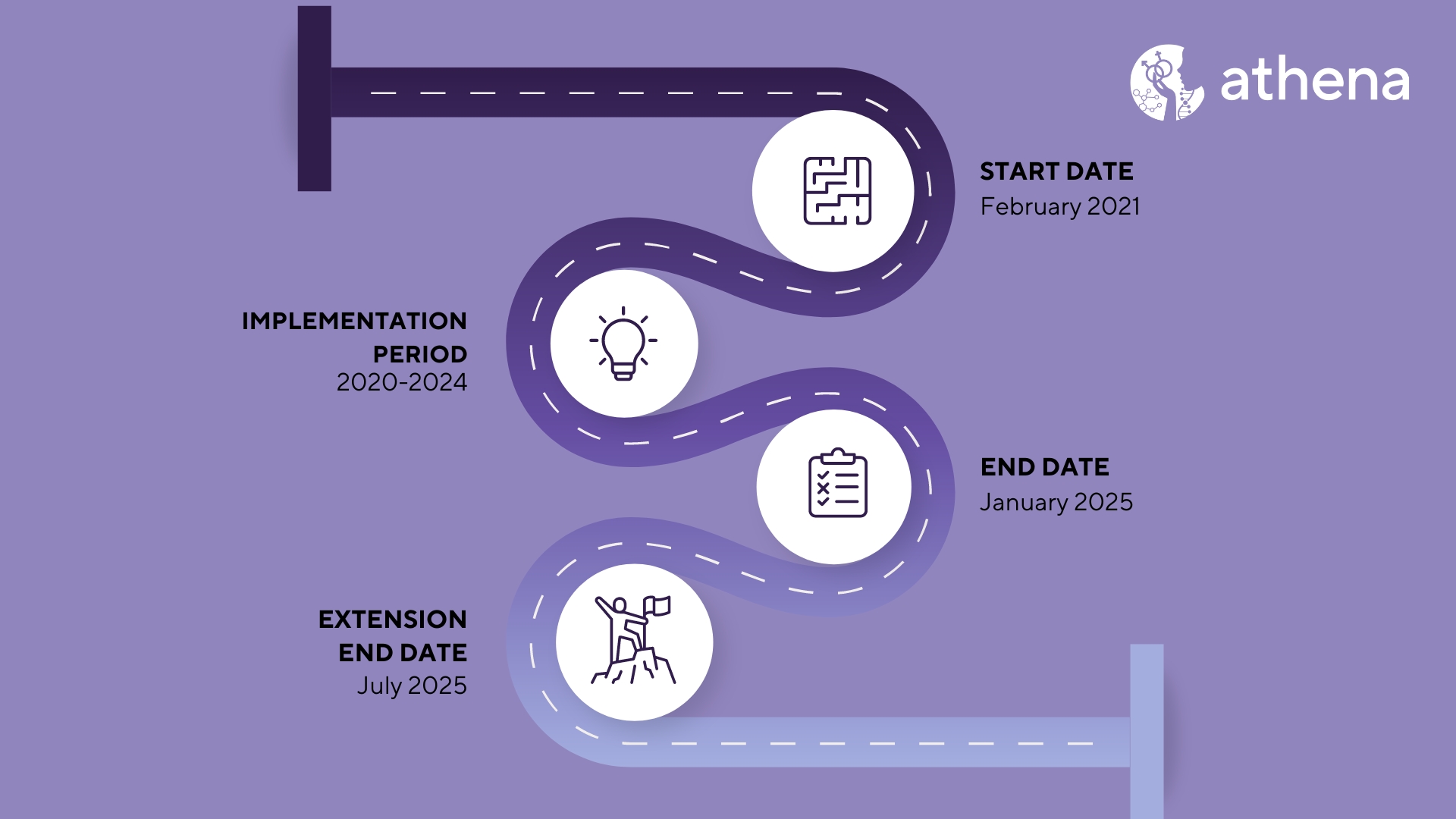
The first year of the project was characterized mainly by intense gender audits in research performing and funding organisations

The first year of the project has come to an end and it was characterised mainly by intense gender audits in research performing and funding organisations. Hours of data collection, both from quantitative and qualitative perspectives have brought fruitful support for mutual discussion, awareness-raising, and preparation of gender equality plans. Overall, six project partners prepared their gender equality report, a comprehensive view of the state of gender equality in the institution, but also within the certain national and cultural contexts.
All the partners balance the Gender Equality Plans preparation and implementation between different social, institutional, cultural but also individual challenges. For example, although the legislative procedures to promote equality and anti-discrimination are in place, the reality of implementation has been often questioned. One of the identified barriers is gender backlash which occurs in many countries. Facing other difficulties, such as budget cuts lowers the strategic importance of the gender equality issue.
At first, similar proportions of women and men in the consortium´s institutions are recognized, but deeper insight is needed to prevent ourselves from quick optimism. Horizontal as well as vertical segregations remain an important challenge within the institutions. That may bring our attention to possible gender bias and barriers, which are slowing down the careers of women.
Therefore, gender equality should never be interpreted only through numbers of gender balance, although it provides us with important insight. We demonstrate it with words from one of the participants from the Slovak focus group:
“Do women see the SAS as a workplace where their professional and scientific ambitions can be fulfilled? What are the conditions for them when they have a family, when they drop out – do they have the conditions? That to me is the practice of gender equality, not just the numbers of men-women (…) Gender policy has to be something that is actively done, regardless of gender balance in the numbers.” (Male administrative staff, Slovak Academy of Sciences)
From the qualitative point of view, one of the most articulated topics is the work-life balance. Women are still expected to take the primary role in caregiving and the household, putting them into a difficult situation. When balancing between family and work life, it may be especially challenging to follow the existing promotion criteria for women, e.g. mandatory state internship soon after the doctoral studies.
Gender equality in the project consortium will be often promoted in environments that are showing low gender awareness and poor knowledge of the complexities of gender equality. Reluctance to gender equality is often articulated through meritocracy and a myth of hard work, even though the important role of informal connections and processes may be happening. These invisible forces are rooted within an organizational culture as well as gender bias and stereotypes on the individual level. Missing solidarity maybe even visible in the feminized departments, as the following quote demonstrates:
“It goes without saying that, if you are a woman, women will not necessarily support you! This is the lesson of my life.” (Quote from an interview, University of Bucharest)
Although many recommendations have been identified thanks to the audits, we assume that the planned trainings and awareness-raising activities will play a crucial role to promote gender equality within the institutions. Last, but not least, young researchers may see the issue of gender equality as highly important, which is a crucial basis for future implementation as well as for sustainability.
















